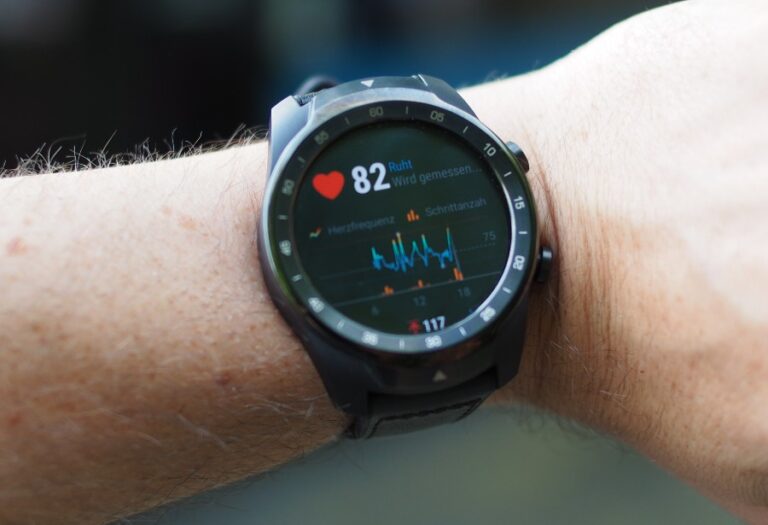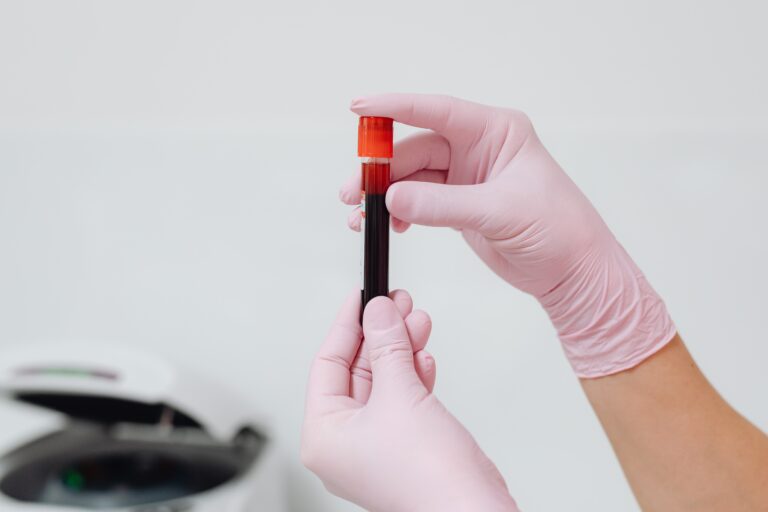Stress Test Defined
What is a Stress Test
An exercise stress test is one of several techniques used for uncovering cardiac problems. It is frequently used as a screening device for older people about to begin an exercise program; if the test indicates a heart disorder, an appropriate program can be designed. The procedure is usually done in a physician’s office are a local hospital, but some health clubs provide them as well.
The test is a troubleshooting procedure designed to reveal problems that a resting electrocardiogram (ECG) does not. At rest, an ECG may indicate that the heart is receiving sufficient oxygen; but with exertion, as the heart’s workload increases, the ECG may reveal signs of an inadequate oxygen supply to certain areas of the heart muscle.The most common cause is narrowing of coronary arteries caused by the buildup of plaque. Thus, the stress test can help identify an abnormality that might otherwise go undetected until a person experiences chest pain while exercising. Unfortunately, adding up the total toll of diabetes complications shows the disease is one of the nation’s leading causes of death. All diabetes complications can be largely prevented by practicing what is known as “tight control,” keeping your blood glucose level as close to normal as possible. This takes time and energy, but many people with diabetes do it successfully and live full lives without many complications.
| Who should have a stress test? | How the test works |
|
You should undergo a stress test before starting an exercise program if you are included in the following categories:
According to the American College of Sports Medicine, you don’t need a test if you’re under forty-five, are in apparent good health, and have no risk factors for coronary artery disease. Even if you have risk factors, if you’re under thirty-five and have no symptoms of coronary artery disease, you don’t need this test. However, when a stress test isn’t required for health reasons, some people wish to have it done so that an exercise physiologist can design an individualized workout program for them. |
During an exercise stress test, your heart’s activity is monitored on an electrocardiography while you work out on an automated treadmill or stationary bicycle, usually for ten to fifteen minutes. Before the test begins, sensors are placed on your chest to transmit signals to the machine; generally, the more sensors the better, with twelve “leads” being preferable. While your pace gradually speeds up, the ECG monitors the changes that occur in the rhythm and electrical activity of your heart; your blood pressure and pulse are also monitored continually. Generally, in a stress test, you exercise until fatigue prevents you from continuing, or until warning symptoms show up. (These may include abnormalities of blood pressure, heart rate or rhythm, or the onset of chest pain, shortness of breath, dizziness, or nausea.) Administered correctly by a physician or another trained professional, a stress test poses few risks. But the results can be inaccurate, largely because of procedural problems. About 10 to 20 percent of stress tests result in false positives (erroneously indicating heart disease). Even more disturbing, false negatives also occur, and in much higher proportions: 20 to 40 percent. Thus, the results of a stress test shouldn’t be analyzed in isolation; they must be evaluated in relations to your age, sex, and medical history. |









I am so glad that I had a stress test done before I started working out. I now have a workout program that works for my health and I am on heart medication.